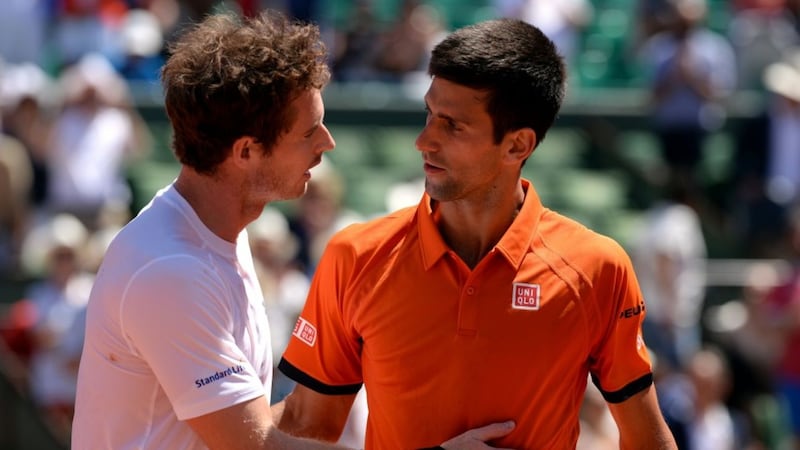Sir Andy Murray is one of Great Britain’s greatest sportsmen of all time, but ahead of the 2017 Australian Open, it’s hard to ignore the fact he is a five-time defeated finalist in Melbourne.
Andy lost the first four major finals of his career before winning the 2012 US Open final against Novak Djokovic, and despite winning two more Grand Slams since, he has gone on to lose a grand total of eight major finals.
The year 2016 was a vintage one for Andy, with Grand Slam success, the world number one ranking spot, and a second Olympic medal. But does losing the Australian Open final five times, and four times to rival Novak, provide psychological obstacles for the Scot?
Dr Mustafa Sarkar, senior lecturer in sport and exercise psychology at Nottingham Trent University, believes that, on the contrary, those defeats stand the world number one in good stead.
“Some of the research I’ve conducted has looked at the benefits of going through that failure,” Dr Mustafa says. “Particularly in the case of Andy Murray, he’s been able to use those losses as a learning exercise in terms of how he can get better and how he can go on to succeed, so I see the fact he’s lost to Djokovic in this grand slam as something he can use to his advantage.”
According to Dr Mustafa, that ability to learn from sporting failure is not something solely applicable to Andy, rather a tool that all world-class athletes have at their disposal.
“A lot of my research has been done with Olympic champions,” he continues. “What we found is they’ve encountered some really difficult situations: sporting failures, repeated non-selection and serious injuries. But they’ve been able to harness those events to their advantage in terms of increasing their motivation to perform at the highest levels.
“They’ve also been able to reflect on those experiences and learn some crucial lessons as well.”
So for Andy, the experience of defeat, especially in the Australian Open, is something that could actually count in his favour. Even so, might there be some psychological exercises that he could use in a moment of difficulty?
Floyd Williams, a sport psychologist at Middlesex University and former Davis Cup player for Trinidad and Tobago, has the answer.
“There’s a thing called imagery,” he says. “He (Andy) might sit down and picture himself winning that title, holding that Australian Open trophy. He might do those types of practices.”
He continues: “They try and focus on what we call ‘Outcome, performance and process goals’. They might at that moment think ‘I want to hit the ball to this place, I want to make this shot’, instead of thinking ‘If I lose this point I lose the match’.”
However, he doesn’t believe there’s a psychological block there for Andy, citing his recent victories over Novak.
“When you’ve done something many times, that gives you confidence,” the psychologist says. “If you’ve won a grand slam, then you probably think ‘I can do that again’. If you’ve beaten Djokovic then you think ‘Actually, I can do that again’.”
And he believes that, at the top level, a lack of confidence is no issue.
“If you have a certain mentality and focus on the losing parts, then that could have a negative effect. However, these top athletes are very positive people.
“They’re all setting high goals, and they believe they’re going to get better and better.”








